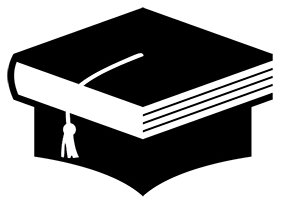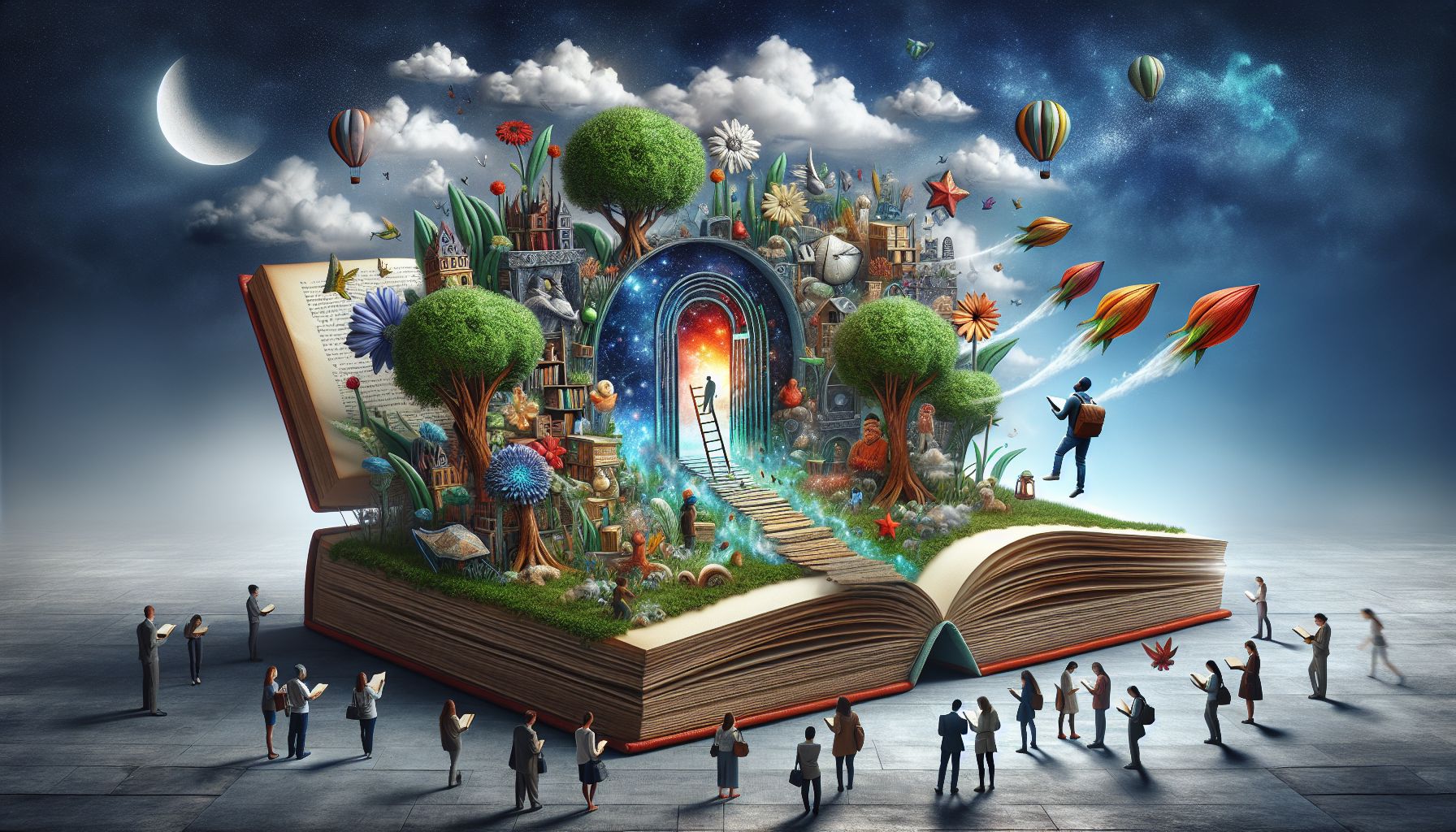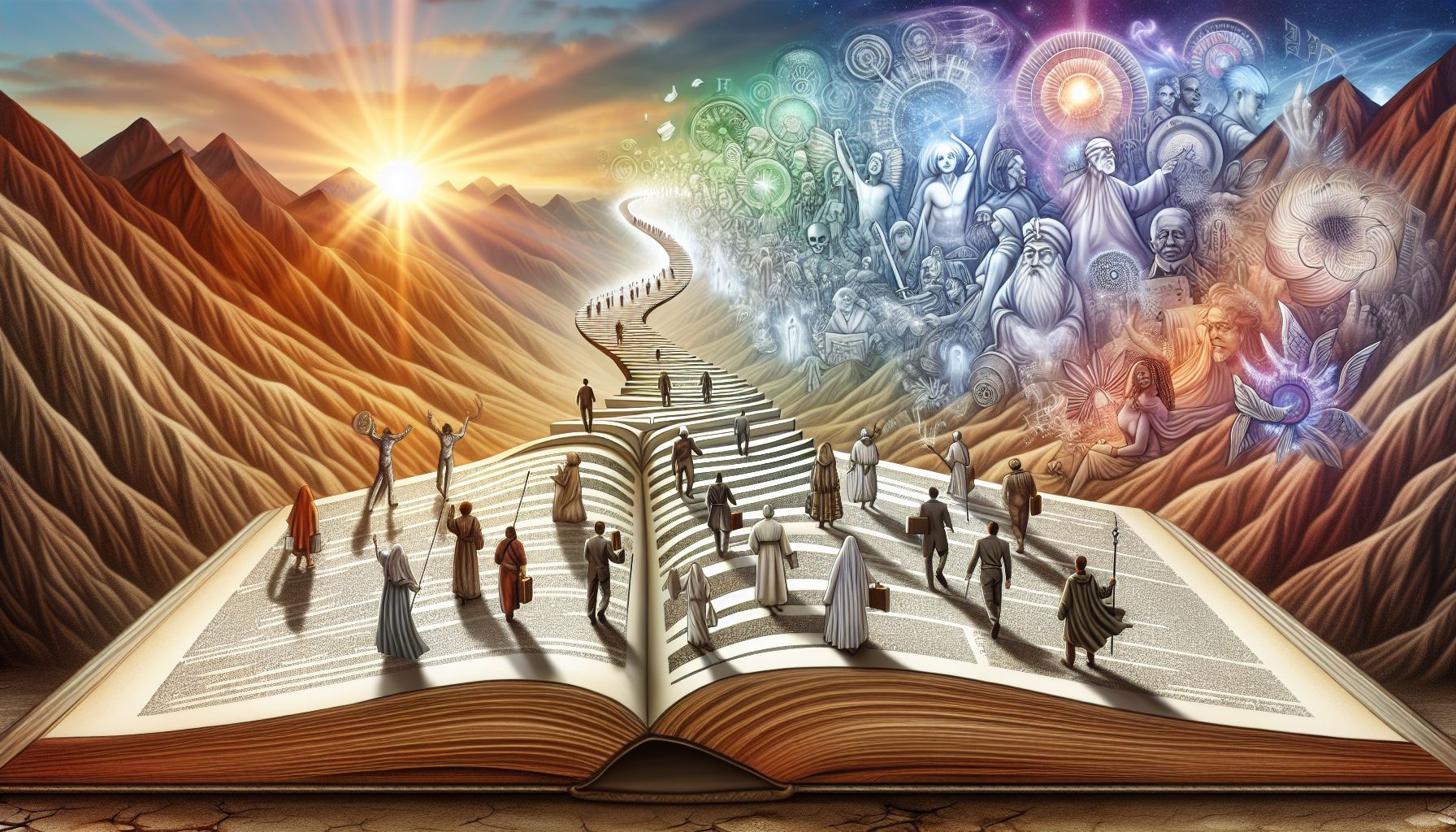In a world filled with constant technological advancements and information overload, books continue to hold a special place in our hearts and minds. Beyond the allure of captivating stories and imaginative worlds, literature has an incredible impact on education and intellectual growth. In this blog post, we will delve into current trends and innovations in education, exploring how books serve as a catalyst for knowledge acquisition and societal progress.
 Opening the Gates to Knowledge
Opening the Gates to Knowledge
Books have long been recognized as gateways to knowledge, fostering a love for learning and critical thinking. As avid readers know, when we engage with literature, we are transported on an intellectual journey, expanding our horizons one page at a time. From classic works to contemporary masterpieces, each book holds the potential to spark curiosity and ignite a thirst for knowledge.
The Rise of Educational Technology
While books remain an essential tool for education, the rise of educational technology has introduced new and exciting possibilities for learning. As classroom dynamics evolve, teachers are embracing innovative approaches to engage their students. E-learning platforms, interactive eBooks, and multimedia resources have breathed new life into education, enhancing the learning experience and making it more accessible to all.
Implementing Literacy Programs
Acknowledging the transformative power of books, educational institutions and nonprofit organizations are increasingly focusing on implementing literacy programs. These initiatives aim to promote literacy, especially among marginalized communities, where access to education remains a challenge. Through these programs, books become not just a source of entertainment but also a means of empowerment, enabling individuals to break free from the limitations imposed by illiteracy and improve their quality of life.
Embracing Diversity and Inclusion
In recent years, there has been a growing emphasis on diversity and inclusion within educational systems. Books serve as powerful tools to promote understanding and empathy, fostering a greater appreciation for different cultures, perspectives, and identities. Through books that celebrate diversity, students are encouraged to embrace inclusivity, challenging societal norms and dismantling prejudiced beliefs.
The Power of Literature to Shape Society
Books possess an undeniable power to shape society and bring about change. Throughout history, literary works have served as catalysts for social and political movements, sparking conversations that lead to meaningful transformations. From Harriet Beecher Stowe’s “Uncle Tom’s Cabin” to George Orwell’s “1984,” literature has proven to be a formidable force, driving progress and challenging the status quo.
Rediscovering the Joy of Reading
Amidst the hustle and bustle of everyday life, it is easy to forget the simple pleasure of getting lost in a good book. However, it is essential to reignite the joy of reading and create spaces for intellectual growth and vibrant discussions. Book clubs, literary festivals, and online communities provide opportunities for individuals to connect with fellow readers, exchange insights, and nurture a love for literature that transcends boundaries.
Conclusion: Unleashing the Potential Within
As we embark on this literary journey, we are reminded of the profound impact books have on education and society at large. From enhancing learning experiences through technology to promoting diversity and inclusion, literature serves as a vital tool for personal growth and collective progress. So let us continue to embrace the transformative power of books, unlocking our true potential and shaping a brighter future for generations to come.




